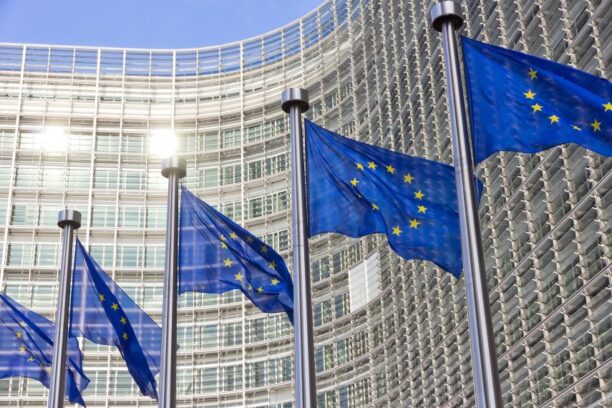This article from S&P Global Market Intelligence describes the dramatic positive impact that the new Inflation Reduction Act (IRA) is having on the automotive and battery industries.
Electric vehicle makers and their suppliers are rushing to invest in the North American supply chain after passage of the Inflation Reduction Act, and more announcements are likely in the works.
Since U.S. President Joe Biden signed the bill into law Aug. 16, at least five major EV manufacturers and battery minerals suppliers, including Toyota Motor Corp., LG Energy Solution Ltd. and Piedmont Lithium Inc., have announced billions of dollars worth of investments in the domestic production capacity encouraged by the legislation. The bill expands tax credits for EVs and includes domestic sourcing requirements to promote the development of a local EV supply chain to form the backbone of Biden’s clean energy policy…
The Inflation Reduction Act seeks to move the far-flung battery supply chain into the U.S. and allied nations such as Canada and Australia.
But lithium production is severely limited in the U.S. according to January 2022 Mineral Commodity Summary data from USGS:
The only lithium production in the United States was from one brine operation in Nevada. Two companies produced a wide range of downstream lithium compounds in the United States from domestic or imported lithium carbonate, lithium chloride, and lithium hydroxide. Domestic production data were withheld to avoid disclosing company proprietary data…
Owing to continuing exploration, identified lithium resources have increased substantially worldwide and total about 89 million tons. Identified lithium resources in the United States—from continental brines, geothermal brines, hectorite, oilfield brines, pegmatites, and searlesite—are 9.1 million tons.
Major producing countries include China, the Democratic Republic of Congo (DRC), Russia and several South American countries. If you aren’t familiar with how lithium is mined/produced, here is an interesting article that also explains why 7UP used to be called “Bib-label Lithiated Lemon-Lime Soda.”
What This Means
The lack of a domestic supply of lithium leaves U.S. manufacturers reliant on imports, which brings ESG risks to the supply chain – including those due to geopolitical events. For example, the proposed Chilean constitution, which failed its referendum on September 9, would have introduced environmental provisions that may have made lithium mining more difficult, though it stopped short of full nationalization of the industry. China and Russia are certainly in the hot seat in the view of the U.S. government. The DRC and China have long been concerns for human rights risks.
While the IRA is boosting needed investment in U.S. manufacturing – specifically in battery technologies and EVs – that doesn’t mean that those developments are ESG-risk free. Companies that depend on imported raw materials should be familiar with the political environments of their suppliers and factor that into their risk assessments and management.










